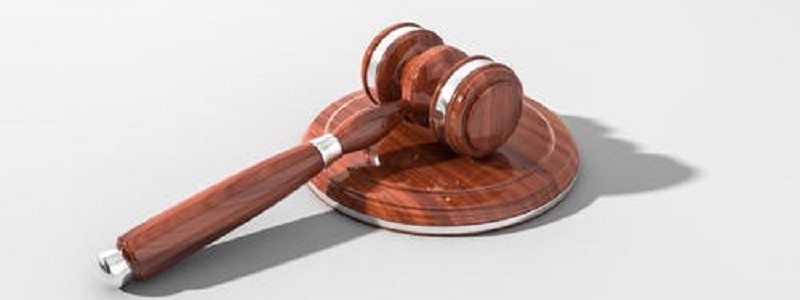Play in the Joints of the Rule of Law
Given various conversations I’ve followed and participated in on social media in the last few days, this Harvard Law Review blog post by Anthony Michael Kreis seemed apropos.
Kreis gives a review of some of the Supreme Court precedent on restrictions of travel and commerce during public health crises, balanced against due process rights and concludes:
… the likelihood of judicial intervention in the middle of a global public health crisis where there is at least a plausible rationale for the order’s geographic scope is near zero. Except for a total ban on non-residents from identified jurisdictions entering a state that grossly mistreats non-residents over residents, it is hard to fathom any muscular judicial intervention.
The nation finds itself in a historic moment that will change how Americans live for the foreseeable future and will leave an indelible mark on American society. Governors and state public health officers will use every arrow in their quiver to stem the spread of the novel coronavirus. That much is clear. Some of these actions will inevitably raise honest concerns about civil liberties, and Americans should endeavor to debate the wisdom of government policy even amid a crisis to hold government actors accountable and protect constitutional values. However, the simple reality is this: federal courts will not enjoin temporary measures that are facially calculated to save lives.
The talk about whether a court is likely to intervene for subjective or political reasons raises an important point: Even the rule of law has some play in the joints. This is part of the balance in our constitutional republic. In extreme circumstances, government officials might take steps that push the boundaries of their power, and it is ultimately up to the people to decide how much to hold them accountable.
We rightly expect courts to privilege the written law, but there’s clearly still some play in those joints, too, which we see in requirements for standing and flexibility in sentencing or relief. More broadly, everybody in office has incentive to have some sense of the temper of the times, which they will inevitably balance against stark rules and cold principle.
Of course, accommodation can go too far, whether all at once and over time. After a couple centuries of moving these joints around, creating precedent that lawyers and judges pluck from their context to build into their arguments, the case law can develop multiple tracks. Eventually, a lawyer or judge can substantiate any argument he or she wants — in any circumstances — simply by choosing one of the available tracks.
This natural tendency illustrates why it is so important for people to jealously push back on government. By its nature, play in the joints occurs outside of written rules, which means it only stops where it meets resistance. Honest judges should understand this and welcome it.




